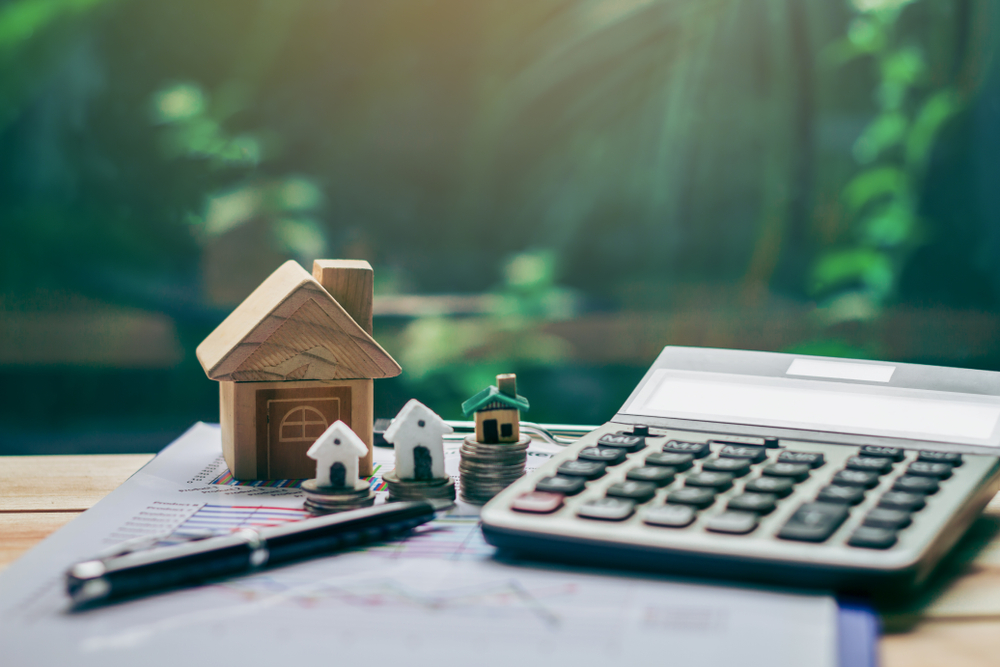Purchasing a home can be exciting and stressful. It is a big, long-term commitment and an investment in your future. There are a lot of things to consider before purchasing a home and the most important is- Can I really afford it?
Pre-Approval
A mortgage pre-approval is the most important step before house-hunting. You will need to know what you can afford before searching for a home. Most Realtors and sellers will only work with pre-approved buyers.
A pre-approval tells you how much money you can borrow to buy a home. Lenders should look at your full financial profile including income and asset documentation when deciding whether to approve a loan. Lenders will also verify your employment and credit history.
If there is a co-borrower on the loan, their information will also have to be considered in determining whether or not you can be pre-approved.
Savings
Once you know how much you can borrow, you will need to determine how much cash you will need.
When you undergo a contract, it is customary to provide the seller with an earnest money deposit. This good faith deposit shows you are serious about the home purchase. This money is held in escrow and can be 1-3% of the sales price.
In most situations, you will also need money to bring to closing. This includes the total closing costs (if any), your down payment (minus your earnest money deposit), other fees such as deed or mortgage taxes, survey, prepaid items such as your first year of home or flood insurance, money to set up an escrow account, etc…
Monthly Home Costs
Be careful not to overextend yourself financially or you could end up being “house poor” – and not having the money to do any fun things, like vacations, eating out, or money for future purchases. Sometimes buyers can factor in future raises, or better jobs after completing a degree, but those aren’t always guaranteed.
Once you know what sales price you are aiming for and what your estimated monthly mortgage payment will be, it’s time to create a budget to find out if you can afford the monthly costs of owning a home.
When you rent, you don’t have to worry about property taxes. You may only have renter’s insurance- not homeowners or flood insurance. You might also have to consider higher utility bills (if you are moving to a larger home), Homeowner Association or Condo dues, and ongoing home repairs and maintenance, including landscaping upkeep, air conditioner and water heater servicing, and appliance repair.
Don’t forget to also put some funds away for rainy-day savings. If you can budget for all of your expenses and still have a cushion, then you can confidently move forward.
Knowing your Debt-to-Income ratio is also important. For example, some loan programs could limit your housing-related expenses each month to 43% of your monthly income. We can help you determine if you meet this requirement.
Interest Rates
Are interest rates increasing or decreasing? This can make your estimated loan payment change.
A rate lock on a mortgage loan means that your interest rate won’t change between the time it is locked and closing, as long as you close within the specified time frame and there are no changes to your application.
It is important to know that a pre-approval does not lock you into a specific interest rate. As soon as you obtain a purchase contract that is completely executed, you should talk to your loan originator about locking your interest rate.
If your rate is locked, it can still change if there are changes in your application—including the loan term, loan program, loan amount, appraised value, credit score, or verified income. Also, rate locks have an expiration date, so it is important to keep the loan progressing and to work with an experienced lending team like Mortgage Warehouse which has a reputation for closing loans on time.
Need more info? Contact us today!
